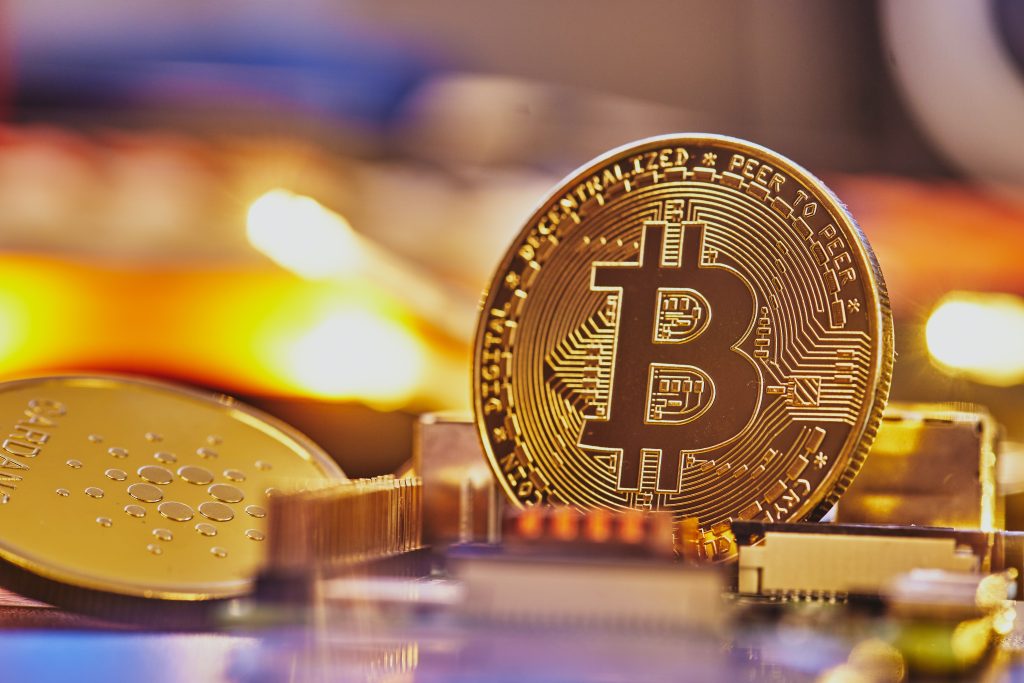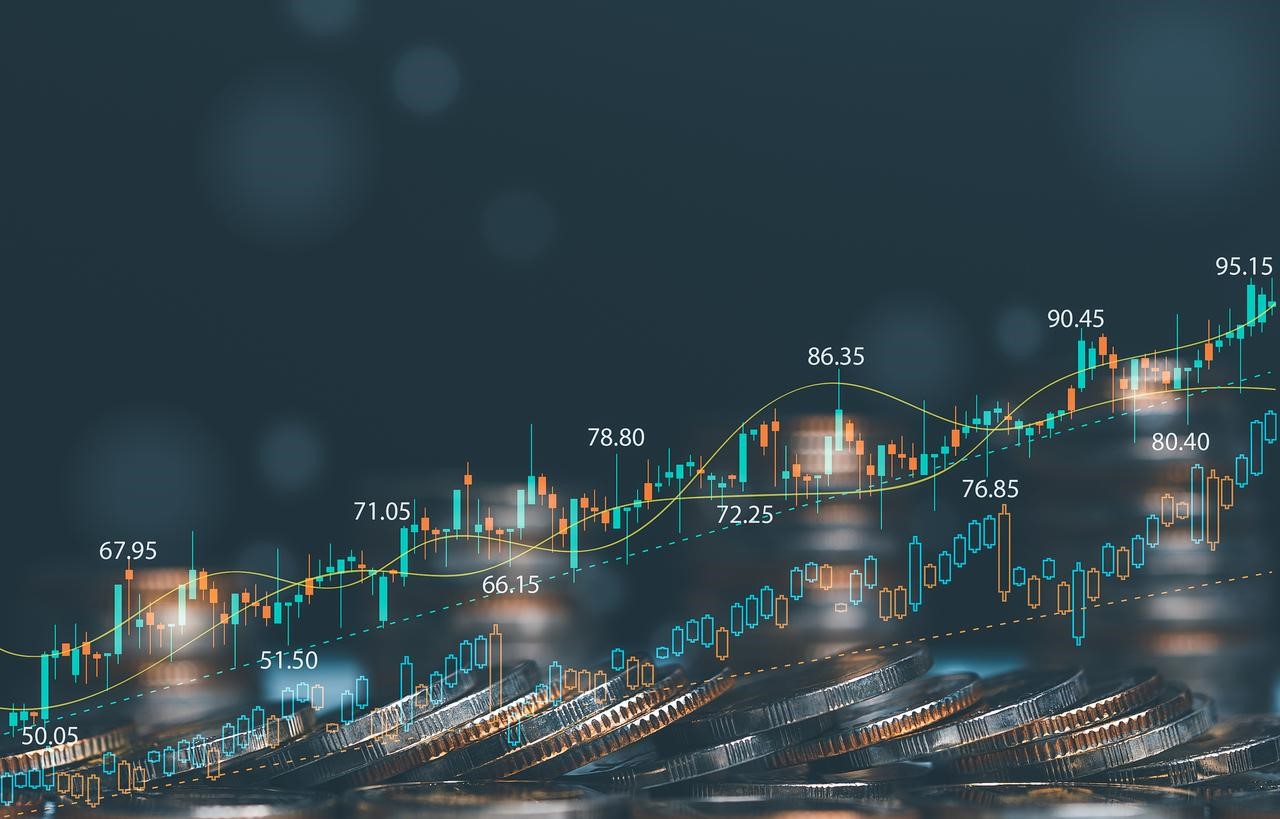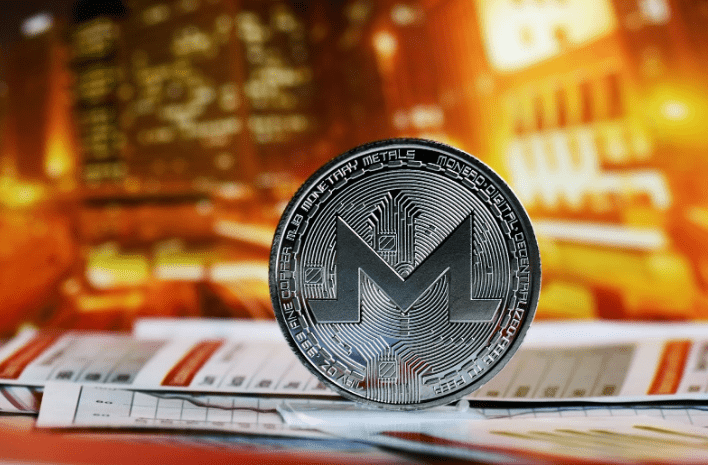All digitally protected representations of value that are utilised or planned to be used as a means of exchange are called digital payment tokens. To be categorised as a digital payment token, a token has to have each of the following attributes:
- It is, in terms of a unit:
- It’s meant to be completely interchangeable.
- It is not backed by any currency or tied to any specific one by its issuer.
- It can trade, store, and transmit electronically.
- It is a widely recognised method of evaluation that is unrestricted in its application and approved by the vast majority of individuals, or a subset of them;
However, the following are excluded: money; anything that, if it were supplied, would be an exempt supply of financial services; or anything that gives the right to direct or receive the supply of goods or services from a specific person or group of people, after which point it ceases to function as a medium of exchange.
DPTs are accepted by most people or the public when paying for goods and services or settling debts. They can be electronically exchanged, stored, or moved. Under the Payment Services Act of 2019, an individual offering services about the purchase and sale of DPTs or offering an online service for the exchange of DPTs in Singapore is subject to regulation and risk mitigation measures regarding the prevention of laundering funds and the countering of financing terrorism.
According to MAS, DPTs have no regulation and are not considered legal tender in Singapore. DPT service providers are required to notify their customers of potential risks in the way outlined in the Notice on Disclosures and Communications (PSN08), which applies to both licensees and exempt payment service providers.
The Payment Services Act 2019 has undergone legislative modifications in Parliament to broaden the range of DPT services. These modifications include the transfer of DPTs, the provision of administrator wallets for customers or on their behalf, and the brokering of DPT transactions (in which the DPT service provider does not hold the money or DPTs).
Dealing with digital payment tokens is the act of purchasing or vending one digital payment token for cash or another digital payment token (of the same or different kind); however, no digital payment token may be accepted or used as payment for the supply of products or services.
For instance, DBS provides the Digital Payment Token Exchange, which allows users to trade six well-known cryptocurrencies like Bitcoin, Bitcoin Cash, Ethereum, Polkadot, Cardano, and XRP as well as four fiat currencies SGD, USD, HKD, and JPY.
On the DBS Digital Payment token, the following digital payment tokens are available for trading:
ETH/SGD, ETH/HKD, ETH/USD, DOT/SGD, DOT/USD, ADA/SGD, BCH/HKD, BCH/USD, BCH/JPY, ETH/JPY, XRP/SGD, ADA/US,Bitcoin/SGD,BTC/JPY,BCH/SGD, XRP/HKD, XRP/USD, XRP/JPY,
Establishing a digital payment token exchange is seen as permitting the trading of digital payment tokens in order to carry out an offer or invitation to purchase or sell any digital payment token in return for money or other digital payment tokens. During the offer or invitation, the individual doing so may purchase money or other digital payment tokens whenever they like.
Please be aware that the Payment Services Act of 2019 generally classifies cryptocurrencies as “digital payment tokens.”








Add Comment